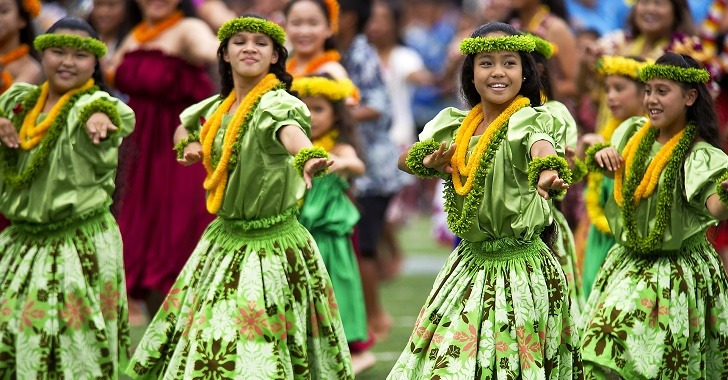nativenews: Hawai’i Moves One Step Closer to Declaring Sovereignty from U.S. Government This w
nativenews:Hawai’i Moves One Step Closer to Declaring Sovereignty from U.S. GovernmentThis week, Native Hawaiians initiated an historical election that may grant them sovereignty from the United States and the state of Hawai'i, itself, after well over a century of colonial rule. More than 95,000 Indigenous people will elect delegates to a constitutional convention, scheduled for this winter, when they will work to create a government that serves and represents Native Hawaiians — the only group of Indigenous people in the United States currently restricted from forming their own government.In the 19th century, European and American missionaries and traders began settling in Hawai'i. They quickly formed a political movement and succeeded in transferring power from the king to his cabinet and the legislature. Though they drafted a new constitution limiting the king’s control, they also limited the voting rights of Asians and Native Hawaiians while granting that right to wealthy non-citizens.When the king died and his sister, Queen Liliuokalani, assumed the throne, she attempted to restore power to the monarchy and return voting rights to those who had been excluded by the white settlers. White businessmen disapproved of her intentions and formed the Committee of Safety, which sought to overthrow the Queen and have Hawai'i annexed by the U.S. On January 16, 1893, backed by a militia and 162 U.S. marines, the Committee achieved its goal. The Queen surrendered, and in 1898, Hawai'i was annexed by the United States.The federal government apologized for its colonization of the island and its Natives in 1993, but that failed to improve conditions for many Indigenous people. According to a government report, Native Hawaiians suffer higher rates of poverty and unemployment than the rest of the population and are underrepresented in business ownership and education. Further, Native Hawaiians “are the racial group with the highest proportion of risk factors leading to illness, disability, and premature death” — a problem compounded by a lack of access to healthcare.These stark conditions, as well as the state’s imperial history, have led many Native Hawaiians to seek sovereignty from the United States government.In 2011, Hawai'i passed a law to recognize Native Hawaiians as the first people of Hawai'i. That bill also established the Native Hawaiian Roll Commission to “assemble a list of qualified and interested Native Hawaiian voters” — a move that gave infrastructure to the current push for self-determination.Last month, U.S. District Court Judge J. Michael Seabright ruled to allow the vote, which will not be administered by the state. The month-long election will select 40 delegates to attend a constitutional convention in February. Though delegates will not be elected to any public office, they will be instrumental in deciding how Native Hawaiians will rule themselves. At the eight-week convention scheduled for February, the elected delegates will decide whether or not they want to create a new Native Hawaiian government. If a Native government is formed, delegates will also decide whether to establish a “government-to-government” relationship with the U.S. or seek total independence. Keep reading -- source link
Tumblr Blog : nativenews.tumblr.com
#free them
